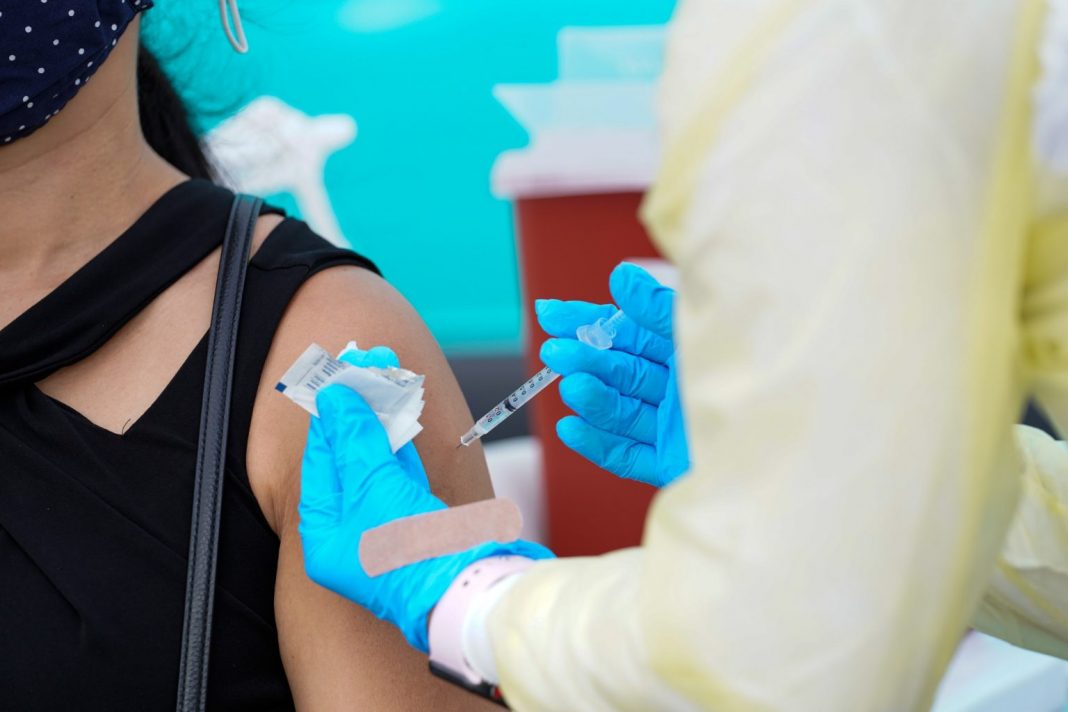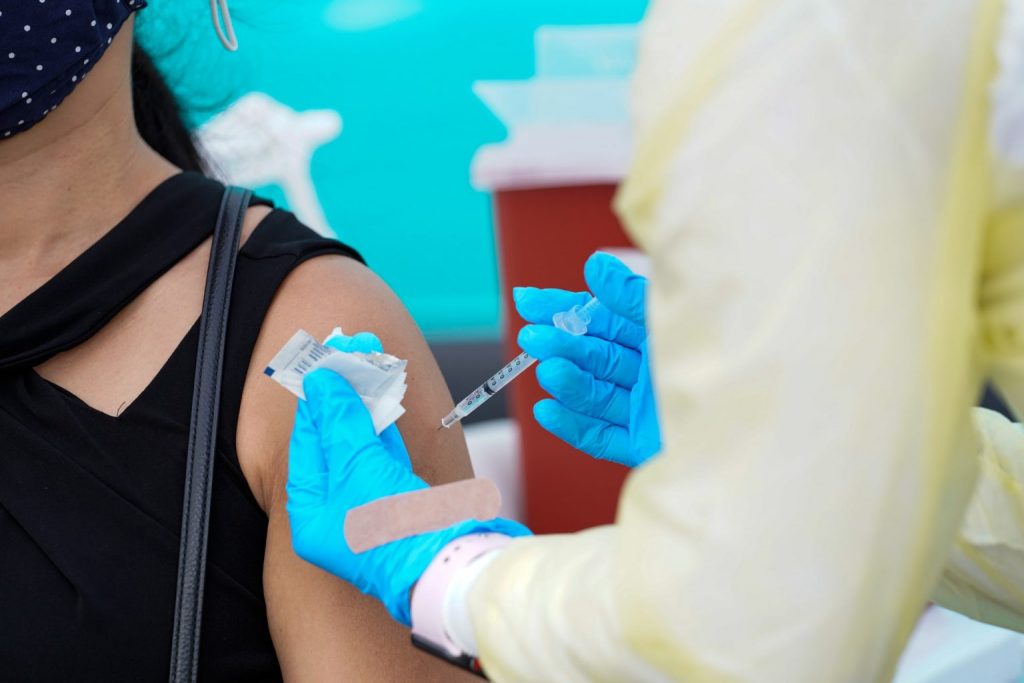

If you are living in Florida and are 18 and older, you are eligible to receive the COVID-19 vaccine. We know that getting vaccinated isn’t the only solution for a post-COVID world as our reality is much more nuanced than that. But it’s the right step. We won’t ever get out of the throes of this worldly pandemic if we don’t all get vaccinated and move towards a state of herd immunity.
It is no secret that we all have varied views when it comes to vaccines and that a large number of people today are hesitant to get them. A University of California, Davis, study found that more than a third of people nationwide are either unlikely or at least hesitant to get a COVID-19 vaccine when it becomes available to them. But if we can collectively work through our fears and misconceptions, then maybe we all can get everyone on board with vaccination and getting to the end of this pandemic once and for all.
Much of the skepticism around the vaccine stems from the timeline in which it was developed. Many folks assumed that because vaccines normally take years to develop and since this vaccine was made in the span of a year it must be unsafe. It is true that vaccines normally take a while to develop; previously, the fastest vaccine ever developed, for mumps, took more than four years. However, we must remember that the cause for this pandemic is a coronavirus that scientists and medical professionals have already spent years researching and working on. According to scientific journal Nature, “For years, researchers had been paying attention to related coronaviruses, which cause SARS (severe acute respiratory syndrome) and MERS (Middle East respiratory syndrome), and some had been working on new kinds of vaccine — an effort that has now paid off spectacularly.” With additional modern MRNA technology, it makes it easier to make vaccines in a short amount of time.
Many are also worried about the effects of the vaccines on our bodies and how they will fare long term. With the exception of the FDA’s current pause on the Johnson & Johnson vaccine, scientists have not yet found reasons for concern with getting vaccinated. The side effects one gets after they take the vaccine are short term and do not allude to the vaccine being unsafe. So far, there haven’t been any long-term effects spotted or estimated. The short-term effects of muscle aches, fevers and fatigue are actually signs that the vaccine is doing what it’s supposed to do— prepping your immune system to fight the virus if there is future exposure.
If your skepticism comes from a lack of trust in the government and the current social and political moment we’re in, then skepticism is more than understandable. In fact, it should even be expected. For minority communities, especially Black communities, there can be a mistrust in the government and its issued mandates as there is a long history of American medical negligence with Black people (see Tuskegee Syphilis Study).
Still, we ask you to kindly rely on history to guide us through this moment. Diseases that were widespread centuries ago like polio, smallpox, and measles are now wiped out or extremely rare due to the help of required vaccines. In fact, when smallpox ravaged populations in the 18th century and English doctor Edward Jenner came up with a vaccine that was derived from cowpox, there was immense pushback with people even thinking the vaccine would give them the likeness of a cow. History shows that vaccines work; let’s trust it.
Last month, we embarked upon the anniversary of COVID-19. It has been an earth-shattering year of lockdowns, shortages of toilet paper and paper towels and closed movie theaters. The journey to normalcy is nowhere far from over but with an accelerated vaccine rollout and vaccine appointments now being offered at clinics and colleges, we can speed up the process. Vaccines are now available specifically for UM students, and we should take advantage of our privilege and help stop the spread.
Editorials represent the majority view of The Miami Hurricane editorial board.






